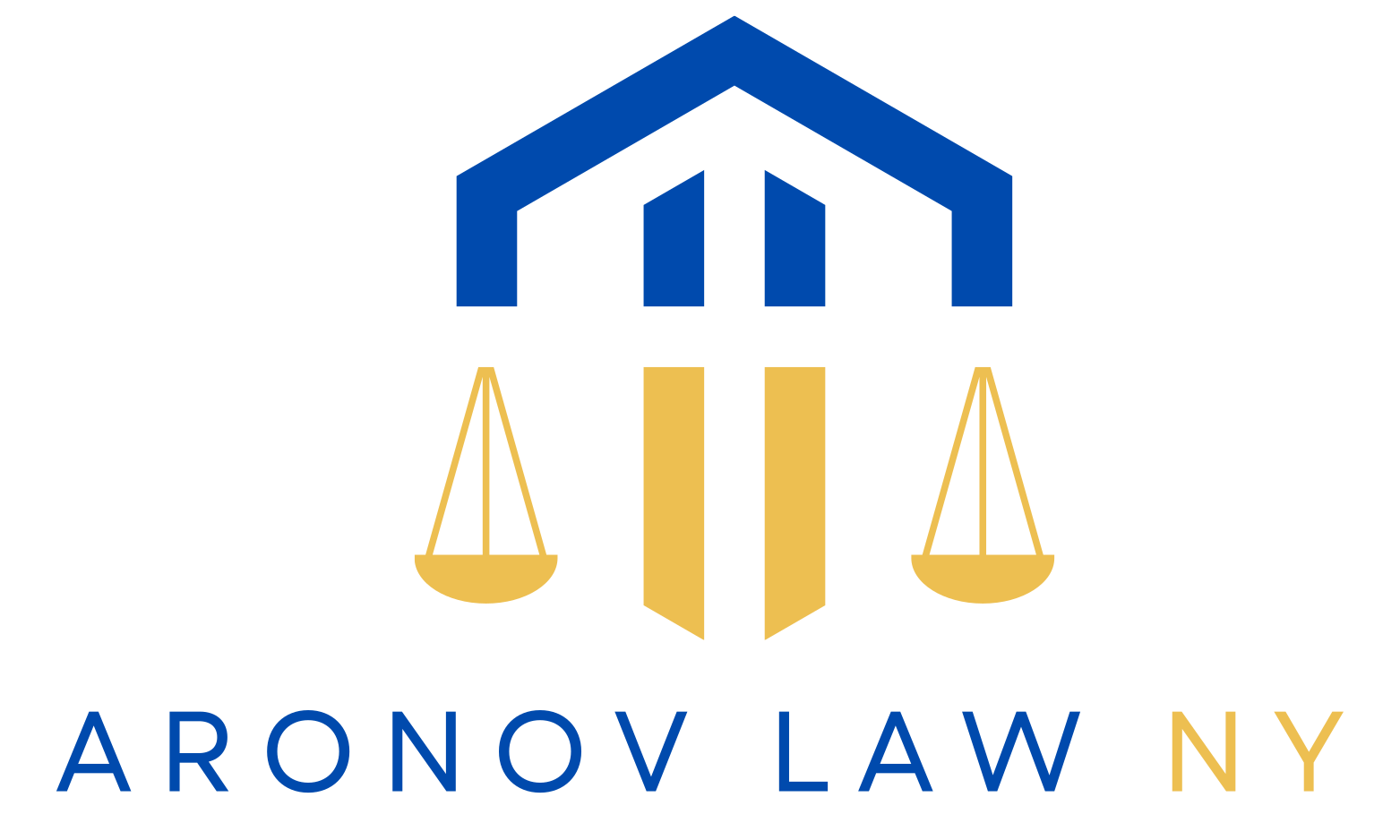How Order Of Protections Are Used In NY Child Custody, Divorce & Family Law
Contrary to popular belief, orders of protection are also associated with family and divorce law cases (and not just criminal law hearings). If your spouse or ex stalked, harassed or threatened, you may, in certain cases, be able to obtain an Order of Protection against the alleged perpetrator. Contact your family lawyer to discuss your situation and get informed of your rights and the options available to keep you safe and bring you peace of mind. With that said, let’s understand what NY state order of protection laws entail and how they relate to child custody, divorce & family laws.
Full Order of Protection
According to New York State Law, a full order of protection means that the person named the Order cannot have any contact with you under any circumstances or by any means whatsoever. This includes contact by phone, email, text message, any communication App, by post or courier. Even passing a message through another person is also absolutely forbidden. Contact of any kind, in person or otherwise, is 100% prohibited.
Limited Order of Protection
A limited order of protection in New York, means that the person named in the order has specific conditions limiting their means of contacting you. These conditions are set out by the courts and vary from case to case depending on factors such as severity of the crime committed against you, past history etc.. These types of orders can be found in contested sole or joint custody hearings.
Breaching an Order of Protection
In both cases, Full or Limited, if any condition within the Order of Protection is breached, the person named in the order will be dealt with by courts and may face jail time, fines, and/or other penalties.
So far, everything sounds fairly straightforward but Orders of Protection can be complex. They are similar to restraining orders, however, they don’t necessarily lead to the same legal actions. Let’s take child custody cases as an example.
Custody Cases
Orders of protection are issued in instances where someone accuses a family member of committing a custody offense. This can include stalking, threatening, or violence. An Order of Protection may be issued by the Supreme or Family Courts, and may be issued as part of a divorce case, or child custody case.
- Orders of protection can be issued temporarily by the Family Court on “good cause” as part of a custody case. When this happens, the temporary Order may stay in effect as long as the case is pending.
- Permanent Orders of Protection may be issued as part of a sole (unlikely joint) custody or other contested divorce cases to assist in maintaining the conditions of a certain order. Whether the Order of Protection is appropriate will depend on what is deemed to be in the best interests of the children.
- An Order of Protection may require the person named in the case to obey specific conditions like staying away from a parent and/or child/children or refraining from any activity that might put the parent or child/children at risk. Orders of Protection may apply to a previous spouse or parent, and may also apply to other family members as well.
The Courts are required to exercise extra discretion when granting or denying an Order of Protection. To obtain an Order of Protection, allegations must be proven. The proof must demonstrate that the issuing of an Order of Protection is in the best interests of the children.
Clearly, there are many other situations where an Order of Protection may be required. As mentioned above, legal consultations are almost always free of charge. If you, a friend or loved one think that a situation you or they are in warrant an Order of Protection, seek professional legal advice right away. Remember, your safety comes first.
Corporate Office: 88-02 136th Street, Queens, NY 11418
Secondary Divorce Law Office: 98-14 Queens Blvd, Queens, NY 11374 (718) 206-2050 – Call To Schedule Before Arrival.
Midtown Manhattan Divorce Office:
31 W 34th St. #7162, New York, NY 10001
Brooklyn, NY Divorce Office:
195 Montague St, Brooklyn, NY 11201


Free Legal Consultation
98-14 Queens Blvd
